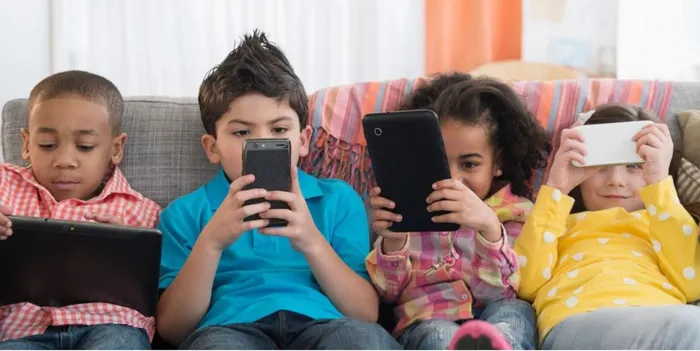Dark side of internet

While children in Finland are being taught how to safely navigate the internet and matters online in general, learning in particular how to spot fake news, our children are being given mobile devices at horrendously young ages without any instruction on their use, and are expected to use these without compromising themselves.
We should not be surprised to learn then that six-year-olds are taking and distributing nude pictures of themselves, or that nine-year-olds are addicted to pornography.
The applications of technology in education cannot be denied, placing vast quantities of information in the hands of pupils, making the distribution and submission of assignments a breeze, and saving the trees by making tasks paperless.
However, not all the available information available online is benign, and many of those who inhabit these spaces do so with ulterior motives.
It is far too easy for adults to pose as children online in order to solicit pictures and videos from young victims, making the need for online and media literacy education essential.
Children must therefore be able to critically evaluate what they read, and be taught to be naturally suspicious of people contacting them online.
Technology, and developments in artificial intelligence in particular, offer immense benefits in their applications in areas including medicine and agriculture, but can also be used for sinister purposes, as female politicians are finding to their cost with fake pornographic images and videos being created and distributed.
Where the television often served as babysitter in previous decades, cellphones, tablets and other similar gadgets now fulfil this role in the modern era, and with both parents working in many households, and absent fathers in others, nobody monitors the children's online activities, or takes the time to have the conversations with them that will satisfy their curiosity while informing them in a safe, responsible manner.
Parenting responsibilities cannot be relegated to technology.
The Independent on Saturday